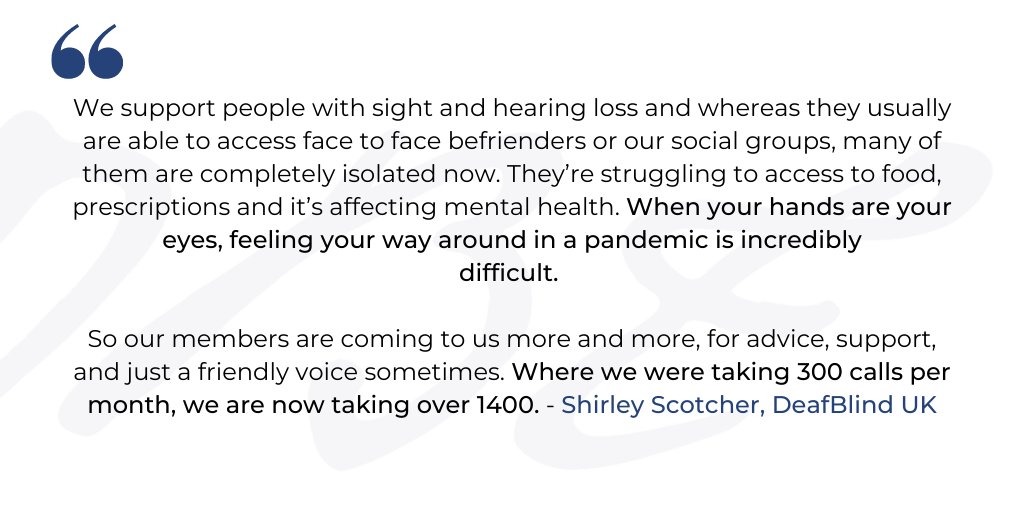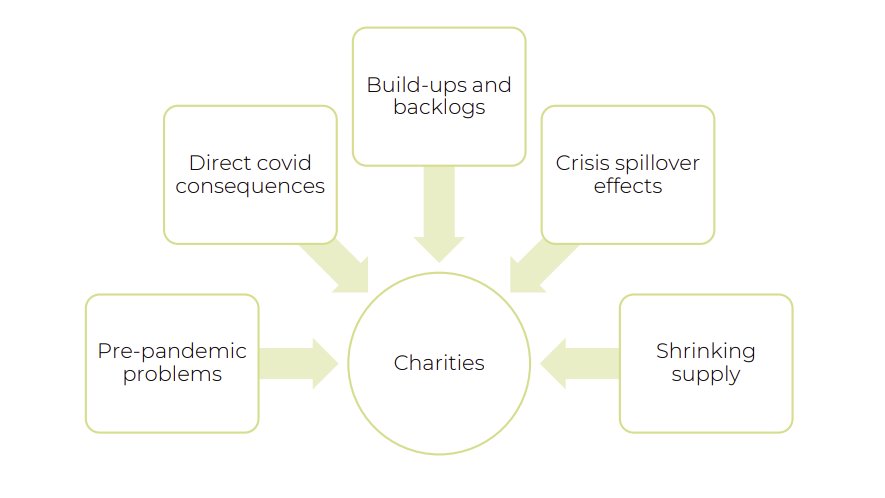I read the government’s evidence review of community initiatives so you don’t have to!
If community infrastructure and social capital is your thing, this is for you (and maybe see you at #Restitch later??)
If it's not your thing but could be, there are diagrams to help! 1/
If community infrastructure and social capital is your thing, this is for you (and maybe see you at #Restitch later??)
If it's not your thing but could be, there are diagrams to help! 1/
Quick context. The Levelling Up WP set out the economic theory behind levelling up – that you need to leverage 6 kinds of capital to achieve your goals or risk communities falling into a viscous spiral of decline they can’t escape 2/ (read this for more) civilsocietycommission.org/essay/inclusiv… 

But while innovation, infrastructure, skills & financial capital are very comfortable areas for policymakers (build a bridge, costs this much, here's your benefits), social capital is more of a “sorry what?” concept.
Hence the lit review. Gov's working out the answer to that q 3/
Hence the lit review. Gov's working out the answer to that q 3/

So what the hell is social capital? Basically, the strength of
🟢 communities
🟢 relationships
🟢 trust.
And the government’s embracing the definition that there are three forms of social capital (which matters because you improve different forms in different ways): 4/
🟢 communities
🟢 relationships
🟢 trust.
And the government’s embracing the definition that there are three forms of social capital (which matters because you improve different forms in different ways): 4/

Three other definitions that matter:
1⃣ Community infrastructure. Government has defined this as the physical infrastructure that supports the formation and development of social networks and relationships. Eg. sports facilities, libraries, parks, cafes, shops, pubs, clubs. 5/
1⃣ Community infrastructure. Government has defined this as the physical infrastructure that supports the formation and development of social networks and relationships. Eg. sports facilities, libraries, parks, cafes, shops, pubs, clubs. 5/
2⃣ Social infrastructure. Which would include community infrastructure AND the people who utilise and organise in those places.
3⃣ Community initiatives. Which deliver community infrastructure (but also do other things) like coops, community land trusts, VCSEs.
Confused? Here 6/
3⃣ Community initiatives. Which deliver community infrastructure (but also do other things) like coops, community land trusts, VCSEs.
Confused? Here 6/

I think it’s fair to say that some folks would argue with these definitions & warn against an over-focus on physical spaces if you want to unlock social capital (hi… the internet!). This is acknowledged but worth keeping an eye on as this develops 👀 7/
Now, the paper is pretty positive that community initiatives which deliver community infrastructure can have positive outcomes. Including
📈 economic outcomes
⚕️ health outcomes
🤝 social outcomes
🗳️ and civic outcomes 8/
📈 economic outcomes
⚕️ health outcomes
🤝 social outcomes
🗳️ and civic outcomes 8/

Under the lid, strongest of all is the evidence of community initiatives’ impact on wellbeing and community resilience (hat tip to those who’ve been rigorous with their Covid response analysis).
And lots of positivity over the ability to reduce mortality & solve social issues 9/
And lots of positivity over the ability to reduce mortality & solve social issues 9/
The economic argument is mostly focused on community initiatives being a relatively low cost way to generate public spending savings (talking @ProBonoEcon’s language.)
But it was also clear that there’s work to do on evidence on employment outcomes 10/
But it was also clear that there’s work to do on evidence on employment outcomes 10/
The bit that worries me here is that I think the authors tried really hard to compile evidence that look at all the benefits of “the community initiatives which deliver community infrastructure which enhances social capital”. The whole highlighted chain. 11/ 

But sometimes they’re talking about just the benefits of social capital and sometimes just about the benefits of community initiatives which roughly fit in the bucket and sometimes about the benefits of social infrastructure. It's a bit muddled. 12/ 

The reason for this (and the bigger worry) is that they’re clearly less impressed with data on the common factors between community initiatives which can successfully build social capital. Evidence here is viewed as much more limited and less rigorous.
Which. Accurate 13/
Which. Accurate 13/

HOWEVER, government’s happy that there is relatively decent evidence on the importance of:
-Volunteers
-Paid staff
-Charismatic leaders
-Accessibility and location
-Income generation
-Local government partnerships
-Strategy and planning
In all this 14/
-Volunteers
-Paid staff
-Charismatic leaders
-Accessibility and location
-Income generation
-Local government partnerships
-Strategy and planning
In all this 14/
(Which might be a decent hint as to what they could be tempted to invest in through the Strategy for Community Spaces and Relationships.) 15/
But they’re less impressed with the evidence that external funding, effective local community engagement, physical capacity, legal and regulatory frameworks and investment in physical infrastructure make a difference to those community initiatives 16/
We shouldn’t assume that those DON’T make a difference. But there’s not good enough evidence available to be sure, in government’s view 17/
The most important part for researchers, evaluators and practitioners working on social and community infrastructure is the VERY long section on evidence gaps they want to be filled.
If you want to influence policy on this, Gov's basically shouting this is how to do it 18/19



If you want to influence policy on this, Gov's basically shouting this is how to do it 18/19




Ultimately DCMS are fleshing out the argument that social capital & community infrastructure are important to deliver thriving communities + level up.
I'd say they need some support from practioners to untangle some of this + evidence. But a fair first step post-white paper 19/19
I'd say they need some support from practioners to untangle some of this + evidence. But a fair first step post-white paper 19/19

• • •
Missing some Tweet in this thread? You can try to
force a refresh








